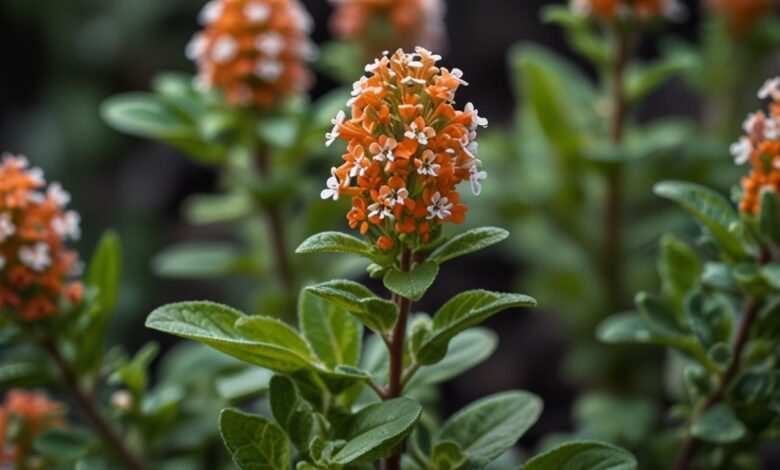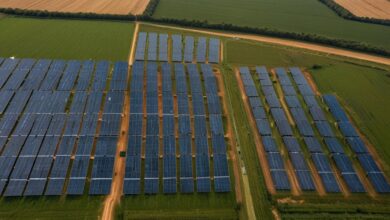Transform Your Outdoor Space into a Wildlife Haven

Discover how to turn your garden, balcony, or window box into a haven for British wildlife by incorporating plant diversity, natural elements, sustainable practices, and a focus on animal welfare. Experts advise on creating structures and habitats that support a variety of species and encourage biodiversity.
Transform Your Outdoor Space into a Wildlife Haven
British wildlife faces challenges, with one in six species at risk of extinction according to the 2023 State of Nature report. Gardens, however, provide an opportunity to help. There are 23 million gardens in Britain, collectively larger in area than all UK nature reserves. Here’s how you can make your garden, balcony, or window box more wildlife-friendly.
Plant Diversity
Adrian Thomas from the RSPB advises growing a variety of plants for different pollinators. Buddleia and catmint attract bees and butterflies, while herbs like marjoram are suitable for window boxes.
Structure and Habitat
Rob Stoneman from the Wildlife Trusts emphasizes the importance of structure: dead wood, water features, and varied plant heights. A log pile, even under a garden bench, can house newts and other species. Small ponds, even on balconies, attract dragonflies and pond skaters.
Natural Elements
Opt for natural habitats over artificial ones. Log piles, mature shrubs, and small trees provide essential shelter. However, professionally placed bird boxes and bee hotels are beneficial.
Sustainable Practices
Avoid using peat and synthetic pesticides. Composting green waste creates diverse habitats and fertilizes your garden naturally.
Animal Welfare
Do not feed animals like foxes, which can become nuisances. Instead, create safe, natural environments for local species. Install bird feeders away from dense shrubs to give birds a clear view of predators.
Minimal Interventions
Mow lawns less frequently to allow wildflowers to bloom and provide cover for small creatures. Save fallen leaves for soil enrichment.
By making incremental adjustments, you can cultivate a space that supports local wildlife and biodiversity.








